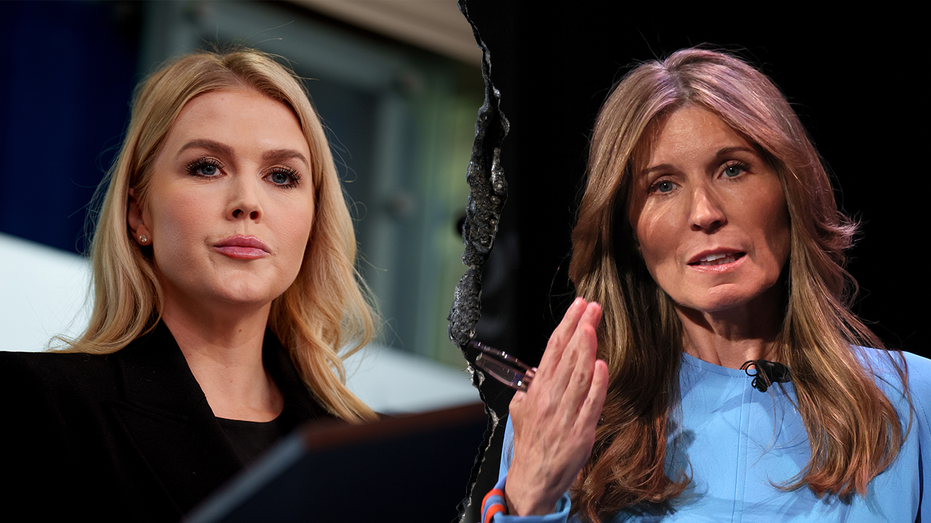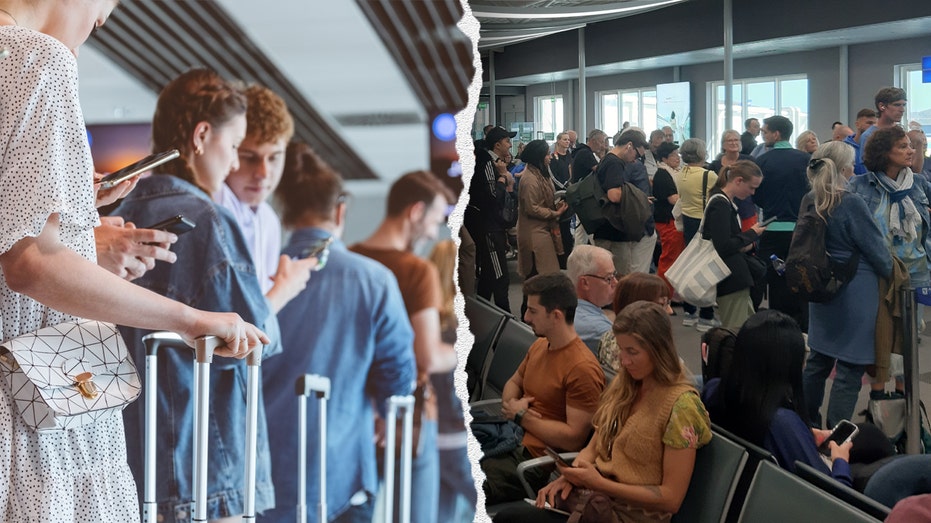- by foxnews
- 06 Mar 2025
NDIA scrutinised disabled woman’s social media posts to challenge her eligibility, tribunal decision reveals
NDIA scrutinised disabled woman’s social media posts to challenge her eligibility, tribunal decision reveals
- by theguardian
- 01 Apr 2022
- in news

National Disability Insurance Agency (NDIA) staff reviewed the social media accounts of a disabled woman applying for the scheme and sent a report to a doctor engaged to provide an expert opinion, a tribunal decision reveals.
But their "intelligence report", which included Facebook and LinkedIn posts dating back as far as 2015, was dismissed by a tribunal reviewing her case as "far from sound".
Confirmation of the practice, labelled "outrageous" by one federal senator, comes from a recent judgment in a long-running Administrative Appeals Tribunal's (AAT) case seen by Guardian Australia.
Crucially, the tribunal found the applicant, a woman in her 30s diagnosed with hypermobility spectrum disorder and a number of other conditions, was eligible for the scheme. This overturned the agency's previous decision.
The woman battled the NDIA for support for 21 months in the case, in which the AAT was tasked with reviewing the agency's decision to knock back her national disability insurance scheme (NDIS) application.
In response to a report from the woman's treating rheumatologist, the NDIA asked a different specialist to assess her and prepare his own report.
Several days before the doctor sent over his findings, the agency sent him "additional material for consideration in the preparation of your report".
According to the AAT judgment, the specialist was told "not to forward or share the documents attached".
The rheumatologist called by the NDIA drew upon the "intelligence report" to find the woman did not experience "significant functional impairment" from her chronic pain, the tribunal said.
The social media was prepared in October 2020.
The report commented on some of the woman's Facebook and LinkedIn social media posts, the AAT judgment said.
Some of the posts on which the report was based, it noted, were from 2015 and 2017. This was despite the fact the woman had said her condition deteriorated significantly in 2018 and she lodged a statement outlining her AAT appeal in 2020.
The AAT judgment did not provide much detail about the content of the dossier, but one post raised by the NDIA was a comment she had sent to a supermarket in which she complained the store was out of fruit.
The tribunal's decision noted that if the NDIA were suggesting this post called into question claims she made about her ability to go shopping, it did not do so.
The decision said the post was not inconsistent with her prior statement that she did not go shopping alone, noting the post used the word "we".
More broadly, the tribunal found the "intelligence report" prepared by the NDIA was "far from sound on its face", and it criticised the decision to provide this to the doctor as "regrettable".
The judgment also noted the woman had tendered as evidence other posts to argue the NDIA had "selectively" picked out parts of her social media history.
The woman's doctor diagnosed her with hypermobility spectrum disorder in 2018. Her condition means her joints stretch more than normal, leaving her at risk of injury. She also lives with chronic pain and fibromyalgia.
The tribunal heard she often used a walking stick or wheelchair and sometimes experienced "extreme pain".
While in agreement on the woman's diagnoses, the experts differed in some respects.
Her doctor suggested her hypermobility condition would worsen over time. But the specialist witness called by the NDIA told the tribunal that patients did not tend to get more hypermobile as they got older.
His report contained "a number of assertions that he saw no evidence to support her self-reports of widespread pain" after examination, the tribunal decision said.
The tribunal preferred the evidence of the woman's own specialist, noting it was the result of several interactions with the woman. It rejected the NDIA's claim the woman was "not a witness of truth" and accepted her evidence.
Guardian Australia has chosen not to name the woman.
The social media report provides further insight into the lengths to which the agency is going to fight the growing number of legal appeals brought by people trying to get on to the NDIS or who are unhappy with cuts to their plans.
Advocates have criticised the agency for taking a "combative" approach and spending millions of dollars on private law firms to contest cases against vulnerable applicants.
The use of social media monitoring and even private investigators to surveil welfare recipients is a longstanding practice in the social security system, but within the NDIS fraud investigators have focused on NDIS providers.
Labor's NDIS spokesperson, Bill Shorten, accused the government of "managing the NDIS through legal actions against participants".
"There is something utterly dysfunctional going on when genuine people with disability are treated like frauds while the real fraudsters pillage the scheme," he said.
The Greens senator Jordon Steele-John said assessments should be based on the evidence of specialists and the person's own goals and experience, not "cherrypicked social media posts".
He said the NDIA's conduct was "outrageous".
Guardian Australia asked the NDIS minister, Linda Reynolds, if she was comfortable with NDIA staff reviewing the social media of NDIS applicants.
A spokesperson said: "Under the NDIS Act, decisions on participant disability-related supports are made independently from the Minister of the day.
"This ensures separation in what can be complex decisions based on specialist advice."
An NDIA spokesperson said there was "no internal process where NDIA staff view prospective or current participants' social media accounts to inform access or planning decisions".
"All decisions are made in accordance with the NDIS Act," the spokesperson said. "In external AAT review processes, the use of open source information by the Agency is not common practice.
"It is a matter for the tribunal to form its own view on the usefulness or value of evidence in AAT matters when performing its obligations under the AAT Act."
Legal Aid NSW, which represented the woman, said it was unable to comment.
Do you have a similar story? luke.henriques-gomes@theguardian.com
- by foxnews
- descember 09, 2016
'Gate lice' run-ins have flyers demanding more airlines 'crack down' on pesky travel trend
Passengers are asking major airlines to do something about "gate lice" problem at airports. American Airlines currently has new tech to stop the line-cutters.
read more


